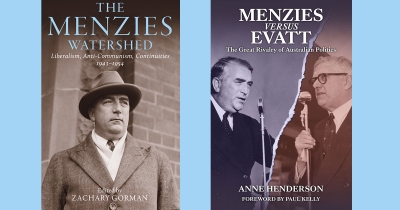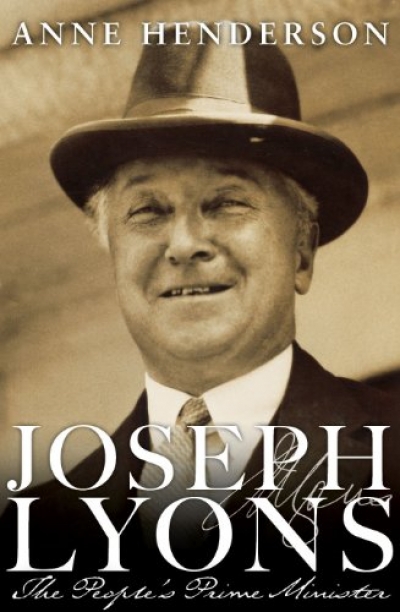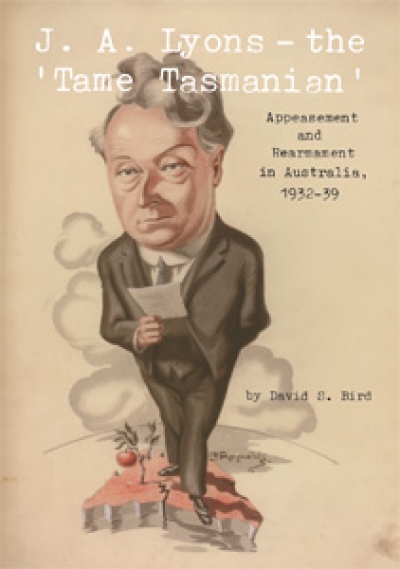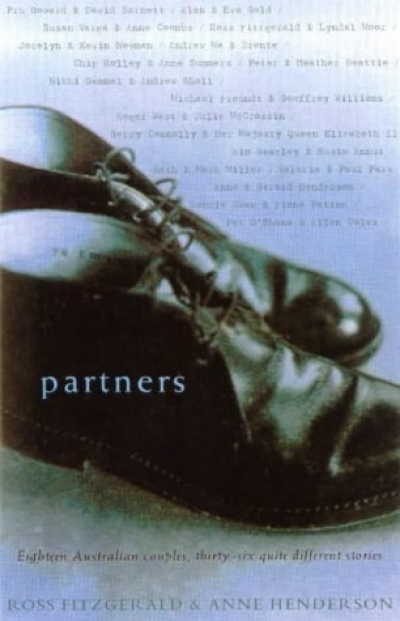In Partners, the unstated question is how relationships can last if they are equal – that is if they are free as well as binding. There’s a suggestion that it was easier in the old hetero-patriarchal marriages where our parents accepted inequality and could turn to authority, within and outside the relationship, to see that it lasted. Not that most of the contributors address the question directly. But in the background, there’s the cheerful assumption that getting into partnership, not into marriage, we’re getting into equality as well – an assumption that’s not borne out by the stories we’re told in the book. Maybe we are freer (at least from outside interference) and more equal than we were; but almost every partnership here turns on, is said to turn on, unequal devotion, one partner devoted, the other devotee.
...
(read more)




